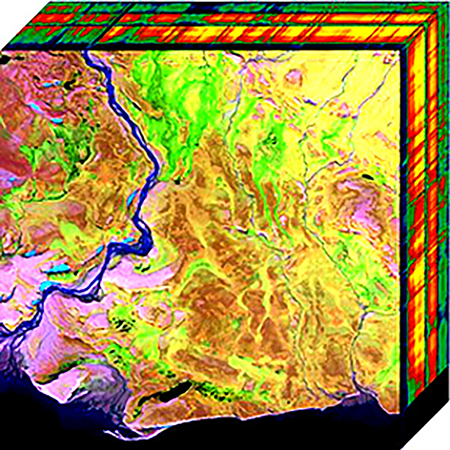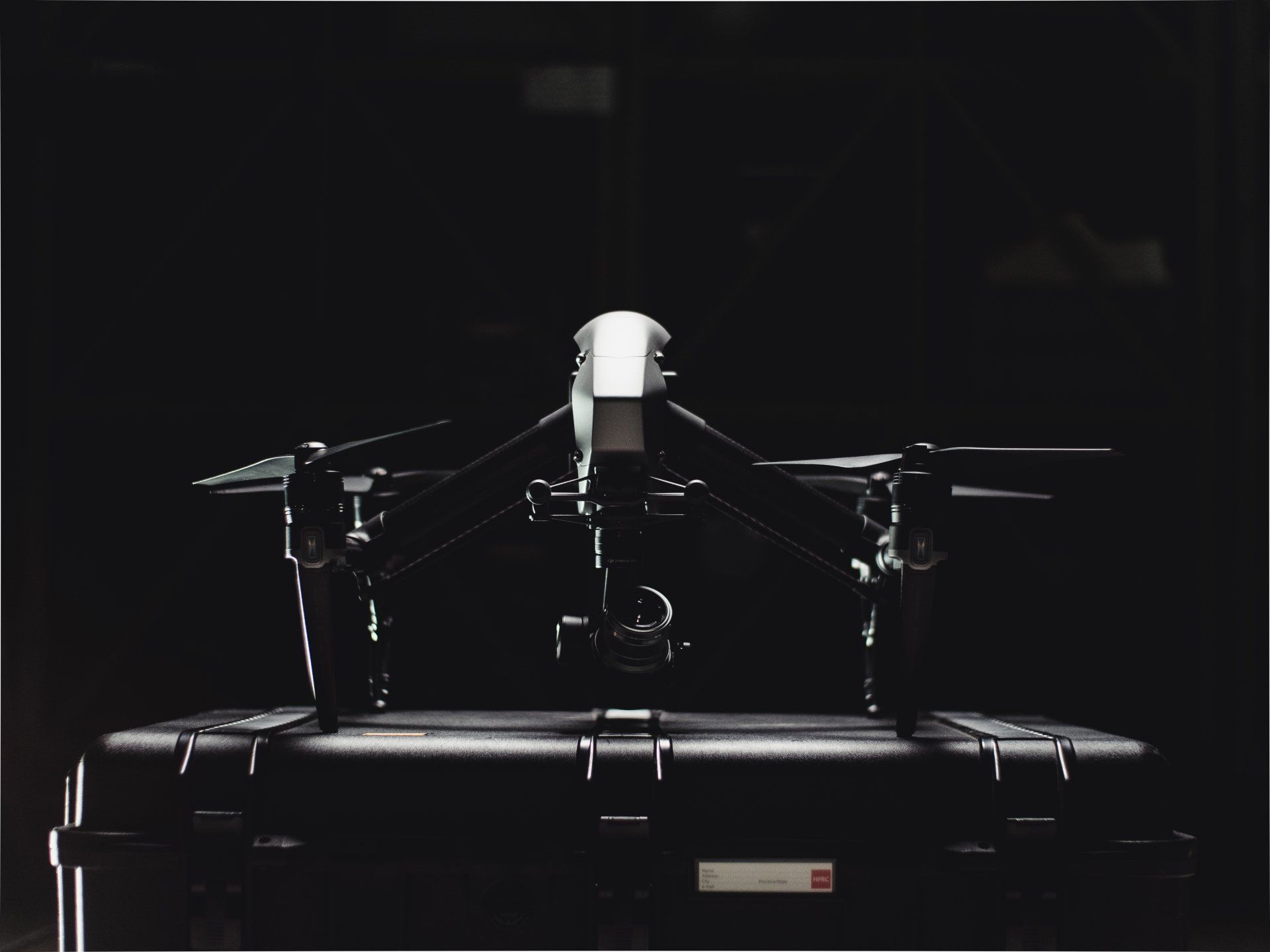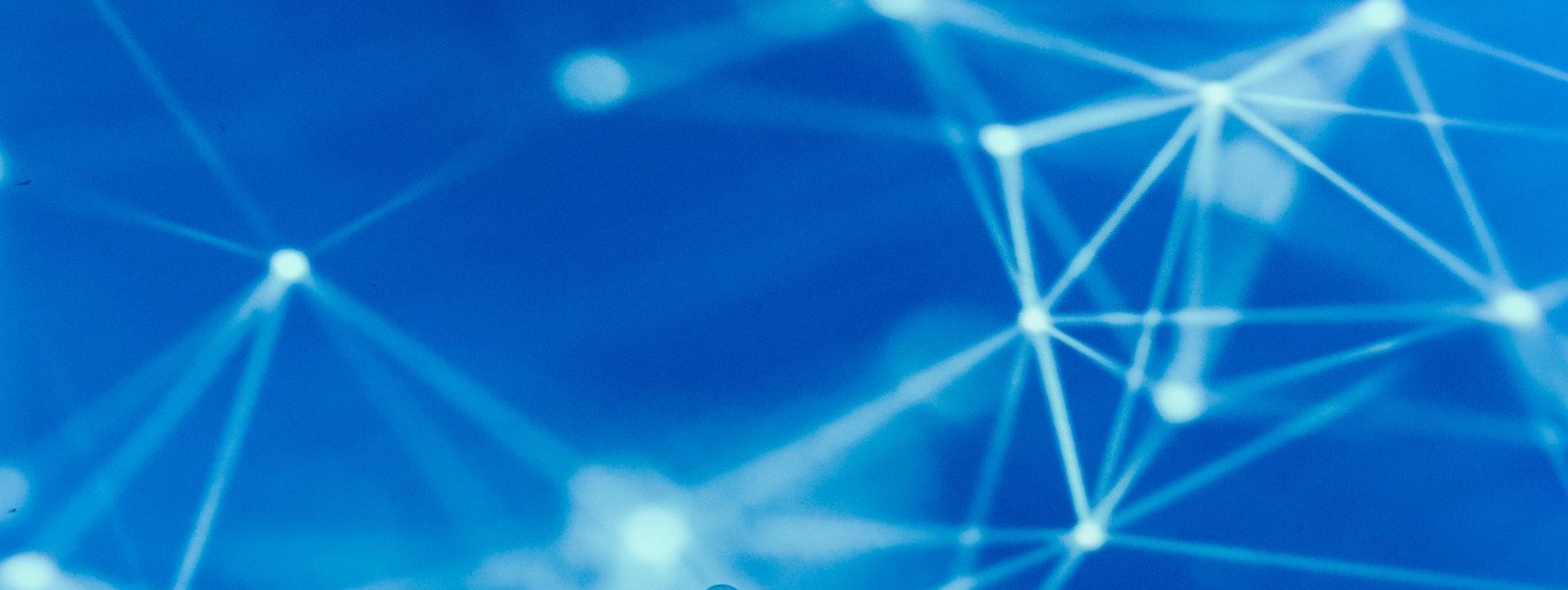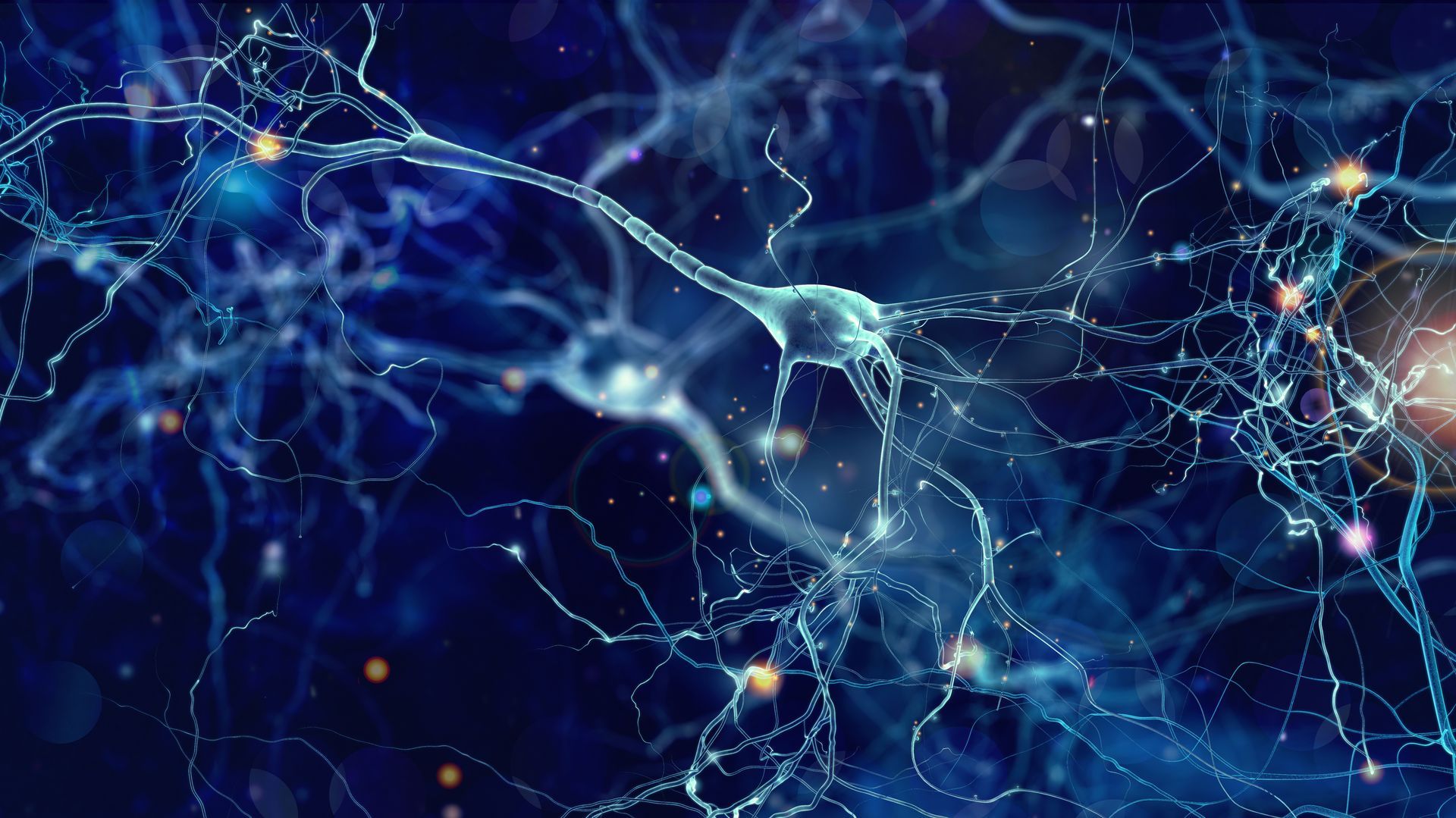AI for Coral Reef Stewardship: Enhancing Efficiency and Accuracy in Environmental Monitoring and Assessment
How can AI protect coral reefs?

Our mission is deeply intertwined with environmental stewardship. We used machine learning to assist a civil agency in drastically reducing the time required for full motion video analysis by 99%. This advancement made it feasible to protect more coral reefs than ever before.
Coral reefs, home to a quarter of all fish species, are crucial for over 500 million people in terms of food security and income. However, they face threats from rising ocean temperatures, pollution, and acidity. Traditional methods of monitoring these reefs involved labor-intensive processes, with analysts manually examining underwater footage frame by frame.
An AI solution revolutionized this approach. We developed a machine learning classifier that processes video frames, utilizing spectral characteristics to identify materials and spatial information to detect objects. This has significantly saved analysts' time, reduced error rates, and allowed for the exploitation of more data. With our AI technology, marine habitats can now be characterized and mapped more efficiently, ensuring better protection and conservation of these vital ecosystems.
Our AI-powered approach to coral reef conservation demonstrates the tremendous potential of machine learning to address pressing environmental challenges. Machine learning technology automates the tedious manual analysis of underwater video, drastically enhancing efficiency and accuracy in assessing these fragile ecosystems. This allows for unprecedented scalability in monitoring and mapping, directing conservation efforts where they are most critical. Our coral reef initiative is just the start – the possibilities for AI to aid critical habitats and species globally are boundless. We are committed to continue innovating with machine learning, to create a world where biodiversity thrives, benefiting both nature and humankind.










